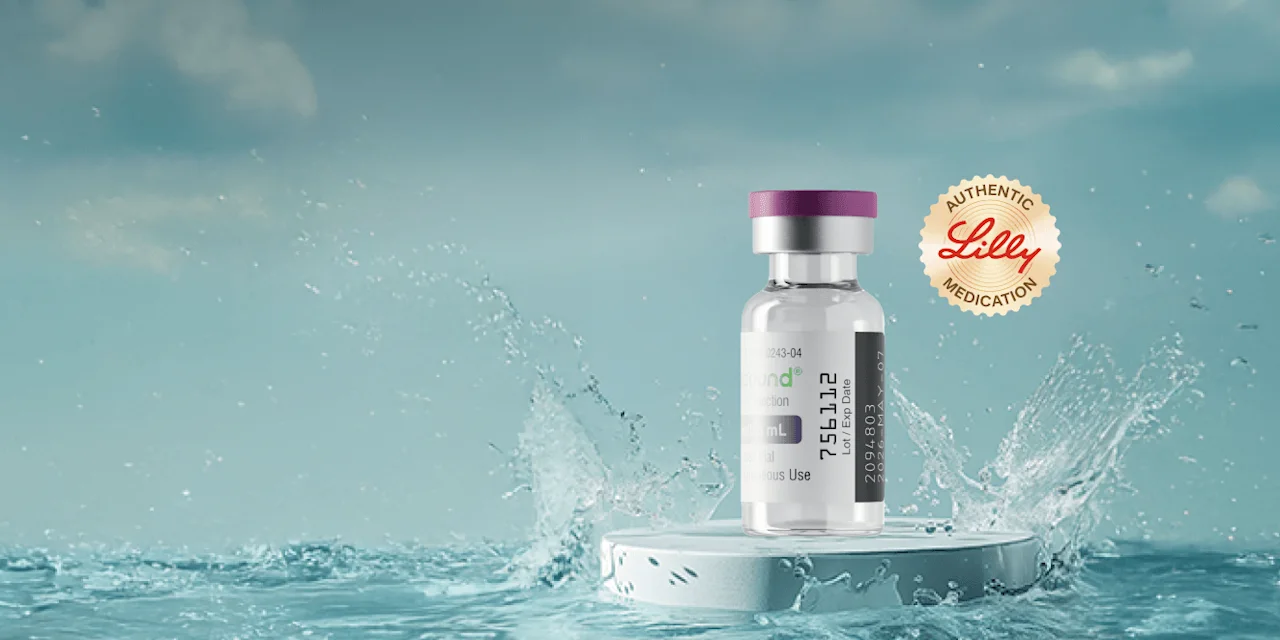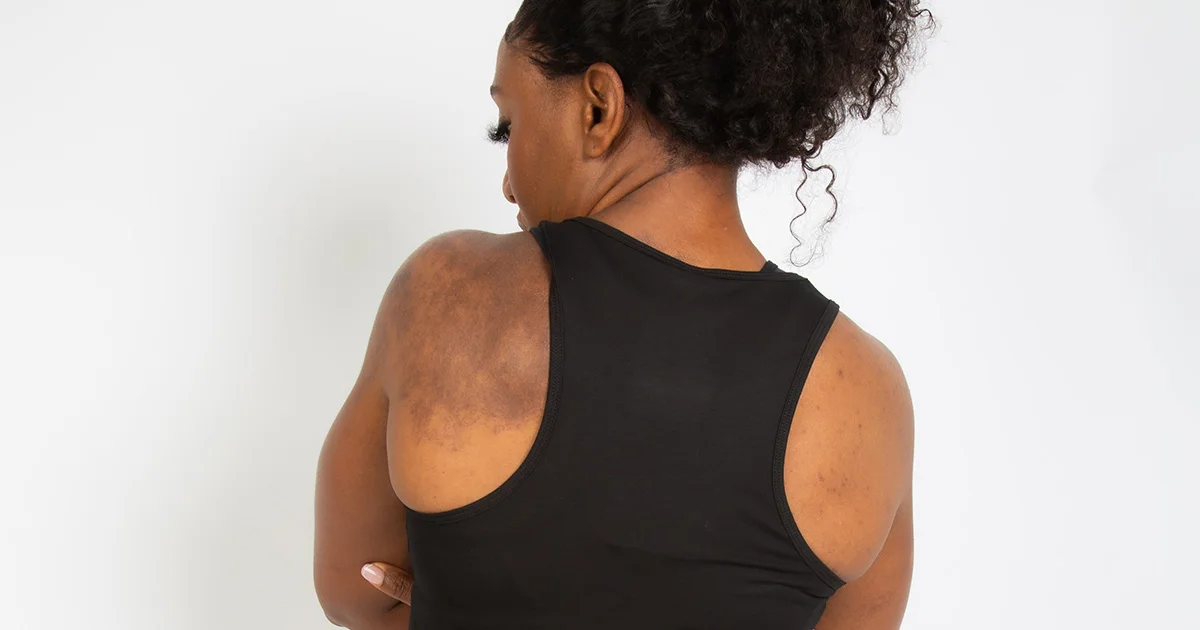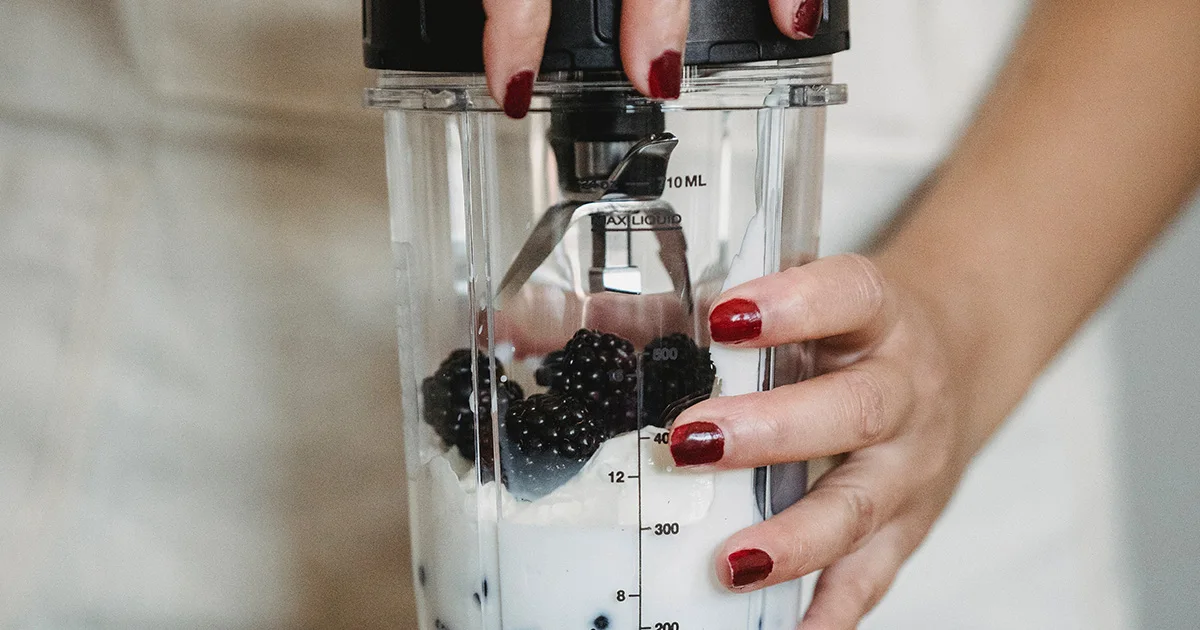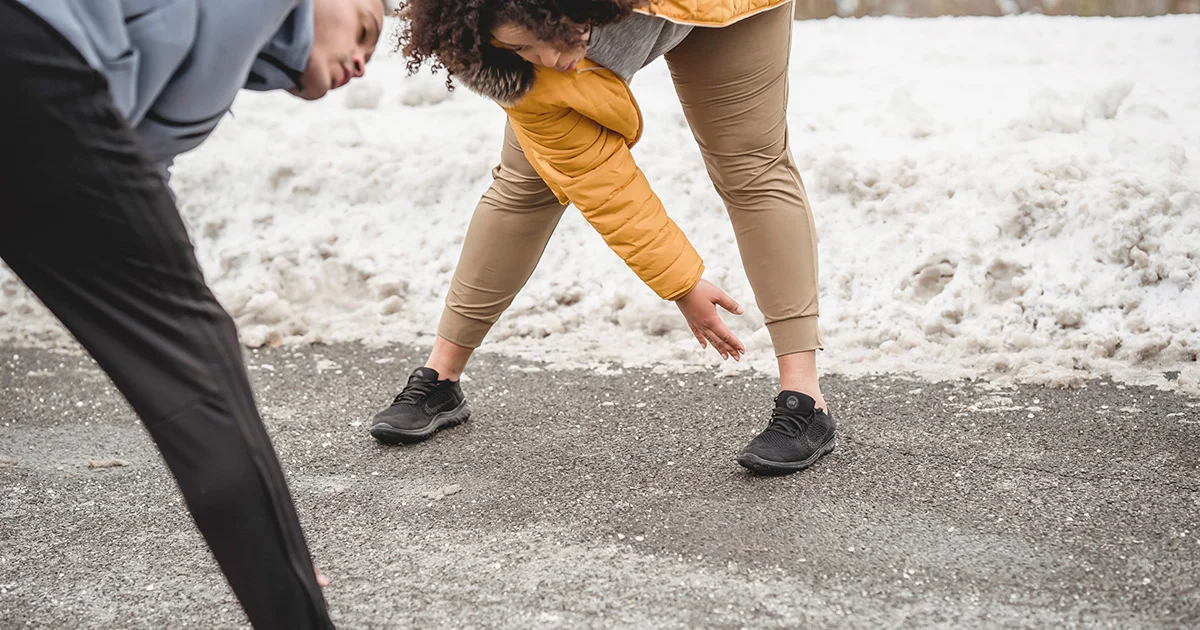Here's what we'll cover
Here's what we'll cover
“Drink more water” is a classic rule for healthier living—but does drinking water help you lose weight? Actually, yes, but there’s more to it than just that. Read on to learn about the relationship between water and weight loss, including how much water to drink per day.
Can drinking water help you lose weight?
While drinking water doesn’t automatically cause you to shed pounds, it is an essential—and simple—piece of the weight loss puzzle.
Research suggests a potential connection between increased water consumption and improved weight loss. However, there are no guidelines regarding how much water you need to drink to lose weight.
But exactly how does water help you lose weight? Let’s unpack some details.
Water and weight loss: 6 ways they’re connected
There are a few ways increased water intake may help with weight loss:
1. Decreased appetite
Data suggests that people who drink before eating may lose more weight. One study found that middle-aged and older adults who drank half a liter of water before each meal lost 44% more weight over 12 weeks than those who didn’t drink water prior to their meals (Dennis, 2010). Drinking two cups of water 30 minutes before a meal may help you feel fuller and decrease your appetite (Jeong, 2018).
2. Improved body function
On average, our bodies are 60% water, and enough fluids are essential for good health and virtually everything our bodies do. This includes many critical cellular tasks and chemical reactions in your body (Tobias, 2021).
When you drink enough water, you’re improving your body’s overall wellness and functioning—including those involved in weight loss, like metabolism, muscle function, lung function, and fat burning (Stookey, 2016).
3. Removing waste
We also need water to digest, process, and eliminate waste. For example, increasing the amount of water you drink can reduce bloating, improve water retention, and help you lose water weight. Holding on to too much water can add inches to your waist.
Not drinking enough water may also lead to constipation, which can affect the number on your scale (if that is something you are tracking).
4. Increased calorie burning
Drinking water may increase metabolism and help burn calories (Vij, 2013; Laja García, 2019). Taking in about two cups of water may raise your metabolic rate (the number of calories you burn) by as much as 30%—at least in the immediate term (Boschmann, 2003).
Animal research also points to water as a factor in fat breakdown or lipolysis (Thornton, 2016). Some human studies further support this data. One study suggests that drinking a little over six cups a day may lead to reduced body fat and overall weight loss (Vij, 2014).
5. Enhanced exercise effectiveness
Physical activity is an integral part of the weight loss process. Drinking more water can maximize your exercise effectiveness, thereby supporting your weight loss journey.
Dehydration can decrease your ability to exercise effectively due to fatigue and a drop in muscle metabolism (Logan-Sprenger, 2012; Kenefick, 2018).
6. Cutting liquid calories
Replacing sugary drinks, like sodas, juice, etc., with water help lower your liquid calorie intake, which can contribute to weight loss.
One study even found that replacing diet beverages with water may increase weight loss in people engaged in a weight loss program (Madjd, 2015). Other data suggest that people who drink more water are less likely to gain weight than those who don’t drink water (Pan, 2013).
How much water to drink per day
While you’ve probably heard the “8 glasses per day” recommendation, there isn’t a universal consensus on how much water you should drink daily—mainly because it depends on your body type, activities, and where you live.
The average adult needs about 1600 ml (almost 7 cups) of fluid intake daily (Brinkman, 2022). But this doesn’t mean you should necessarily be chugging pints of water at a time. The water you drink should be dispersed throughout the day, not imbibed all at once.
Many people also obtain water from water-rich foods, like milk, fruits, vegetables, and soups (Drewnowski, 2013). You can get a lot of water from fruits and veggies, which have other properties, like fiber, which fills you up and helps you control your food intake.
You can certainly use common sense rules based on your context. If you exercise regularly, sweat a lot, live in a warm climate, or are pregnant or breastfeeding, drink a few extra cups of water each day. If you rarely exercise and live in a cooler climate, you probably don’t need to worry as much about drinking extra water.
If you are unsure how much you should drink per day, ask your healthcare provider. People with certain medical conditions, such as heart failure or kidney problems, are sometimes asked not to chug huge amounts of fluids because water can build up, causing symptoms like swelling.
10 tips to help you drink more water
Many people don’t drink enough water, despite its numerous health benefits. Here are some tips to help you up your daily water intake:
Drink when you’re thirsty.
Have a glass of water before every meal.
Set yourself a daily goal for water intake.
Download an app with reminders to drink water throughout the day.
Attach water intake to specific activities, like a cup before and after a workout.
Incorporate more soups and water-heavy foods into your meals.
Eat fruits and vegetables with high water content, like tomatoes, watermelon, berries, celery, cucumbers, and lettuce—many of these foods also have the added benefit of being high in fiber.
Carry a reusable water bottle and keep it near you during the day.
Flavor your water naturally with fruits or vegetables (e.g., lemon, strawberry, cucumber, etc.)
Exchange your soda, energy drink, etc., for water whenever possible.
DISCLAIMER
If you have any medical questions or concerns, please talk to your healthcare provider. The articles on Health Guide are underpinned by peer-reviewed research and information drawn from medical societies and governmental agencies. However, they are not a substitute for professional medical advice, diagnosis, or treatment.
Boschmann, M., Steiniger, J., Hille, U., et al. (2003). Water-induced thermogenesis. The Journal of Clinical Endocrinology and Metabolism, 88 (12), 6015–6019. doi:10.1210/jc.2003-030780. Retrieved from https://pubmed.ncbi.nlm.nih.gov/14671205/
Brinkman, J. E. & Doris, B. (2022). Physiology, body fluids. Statpearls . Retrieved on July 15, 2022 from https://www.statpearls.com/ArticleLibrary/viewarticle/18423
Dennis, E. A., Dengo, A. L., Comber, D. L., et al. (2010). Water consumption increases weight loss during a hypocaloric diet intervention in middle-aged and older adults. Obesity (Silver Spring, Md.), 18 (2), 300–307. doi:10.1038/oby.2009.235. Retrieved from https://pubmed.ncbi.nlm.nih.gov/19661958/
Drewnowski, A., Rehm, C. D., & Constant, F. (2013). Water and beverage consumption among adults in the United States: cross-sectional study using data from NHANES 2005-2010. BMC Public Health, 13 , 1068. doi:10.1186/1471-2458-13-1068. Retrieved from https://www.ncbi.nlm.nih.gov/pmc/articles/PMC3840570/
Jeong, J. N. (2018). Effect of pre-meal water consumption on energy intake and satiety in non-obese young adults. Clinical Nutrition Research, 7 (4), 291–296. doi:10.7762/cnr.2018.7.4.291. Retrieved from https://www.ncbi.nlm.nih.gov/pmc/articles/PMC6209729/
Kenefick, R. W. (2018). Drinking strategies: planned drinking versus drinking to thirst. Sports Medicine (Auckland, N.Z.), 48 (Suppl 1), 31–37. doi:10.1007/s40279-017-0844-6. Retrieved from https://pubmed.ncbi.nlm.nih.gov/29368181/
Laja García, A. I., Moráis-Moreno, C., Samaniego-Vaesken, M. L., et al. (2019). Influence of water intake and balance on body composition in healthy young adults from Spain. Nutrients, 11 (8), 1923. doi:.3390/nu11081923. Retrieved from https://www.ncbi.nlm.nih.gov/pmc/articles/PMC6723835/
Logan-Sprenger, H. M., Heigenhauser, G. J., Killian, K. J., et al. (2012). Effects of dehydration during cycling on skeletal muscle metabolism in females. Medicine and Science in Sports and Exercise, 44 (10), 1949–1957. doi:10.1249/MSS.0b013e31825abc7c. Retrieved from https://pubmed.ncbi.nlm.nih.gov/22543739/
Madjd, A., Taylor, M. A., Delavari, A., et al. (2015). Effects on weight loss in adults of replacing diet beverages with water during a hypoenergetic diet: a randomized, 24-wk clinical trial. The American Journal of Clinical Nutrition, 102 (6),1305–1312. doi:10.3945/ajcn.115.109397. Retrieved from https://academic.oup.com/ajcn/article/102/6/1305/4555169
Pan, A., Malik, V. S., Hao, T., et al. (2013). Changes in water and beverage intake and long-term weight changes: results from three prospective cohort studies. International Journal of Obesity, 37 (10), 1378–1385. doi:10.1038/ijo.2012.225. Retrieved from https://www.ncbi.nlm.nih.gov/pmc/articles/PMC3628978/
Stookey, J. J. (2016). Negative, null and beneficial effects of drinking water on energy intake, energy expenditure, fat oxidation and weight change in randomized trials: a qualitative review. Nutrients, 8 (1), 19. doi:10.3390/nu8010019. Retrieved from https://www.ncbi.nlm.nih.gov/pmc/articles/PMC4728633/
Thornton, S. N. (2016). Increased hydration can be associated with weight loss. Frontiers in Nutrition, 3 , 18. doi:10.3389/fnut.2016.00018. Retrieved from https://www.ncbi.nlm.nih.gov/pmc/articles/PMC4901052/
Tobias A., Ballard B. D., & Mohiuddin S. S. (2021). Physiology, water balance. StatPearls. Retrieved on July 15, 2022 from https://www.ncbi.nlm.nih.gov/books/NBK541059/
Vij, V. A. & Joshi, A. S. (2014). Effect of excessive water intake on body weight, body mass index, body fat, and appetite of overweight female participants. Journal of Natural Science, Biology, and Medicine, 5 (2), 340–344. doi:10.4103/0976-9668.136180. Retrieved from https://www.ncbi.nlm.nih.gov/pmc/articles/PMC4121911/
Vij, V. A. & Joshi, A. S. (2013). Effect of 'water induced thermogenesis' on body weight, body mass index and body composition of overweight subjects. Journal of Clinical and Diagnostic Research : JCDR , 7 (9), 1894–1896. doi:10.7860/JCDR/2013/5862.3344. Retrieved from https://www.ncbi.nlm.nih.gov/pmc/articles/PMC3809630/










